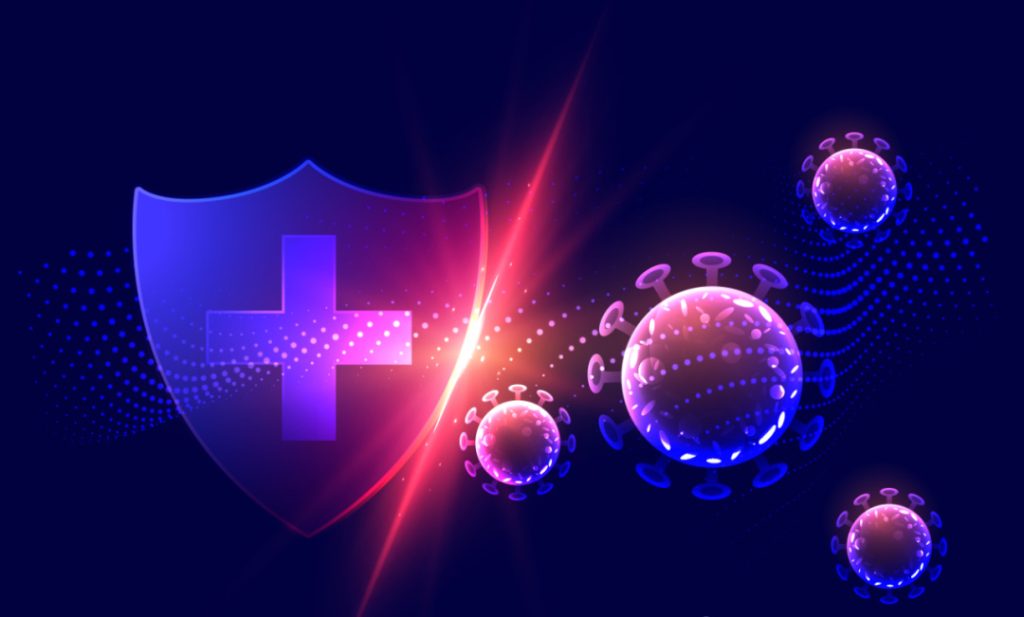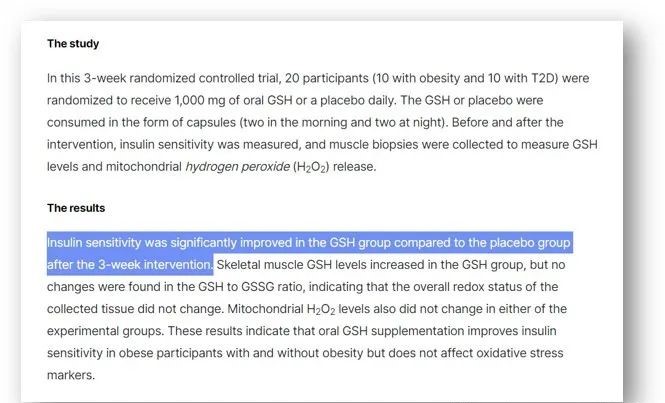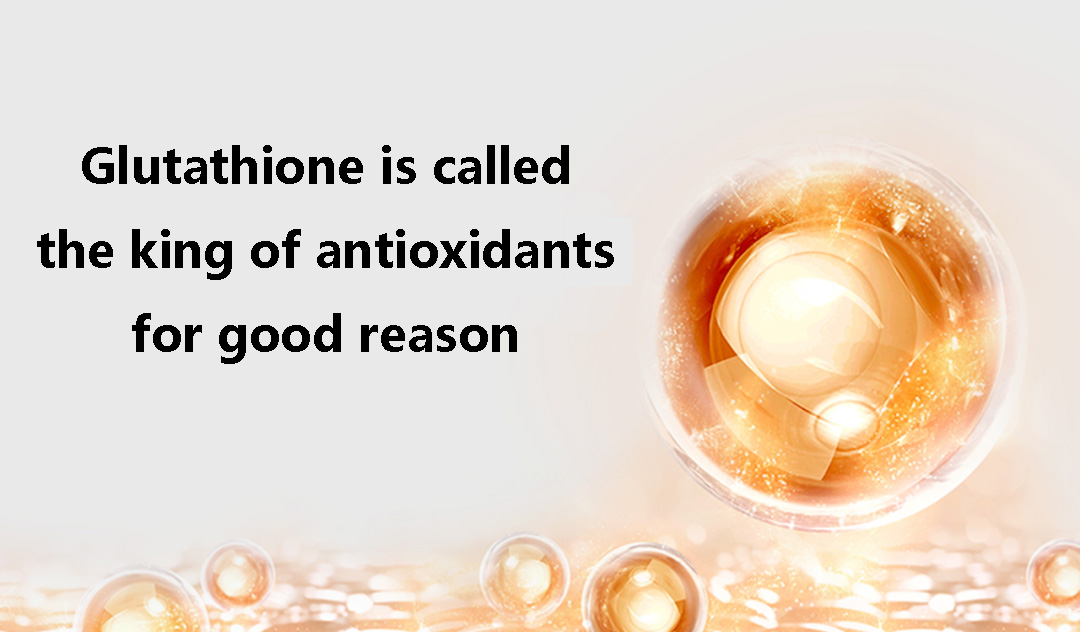Glutathione | is also important for the brain! The king of antioxidants glutathione has 3 major functions
Three major functions of glutathione
- Improve liver value in patients with fatty liver
- Protect brain nerves
- Improve insulin resistance

Glutathione, an unfamiliar ingredient just a few years ago, has recently gained a lot of popularity. In particular, it is widely known for its skin health benefits such as whitening and improving wrinkles, such as being used as the main ingredient in “whitening needles”.
There is no doubt that glutathione is a great ingredient for the skin, but it is a very important “antioxidant” in our body, so it would be a waste to say that it is only good for the skin. Antioxidants are substances that mop up free radicals, which are responsible for various diseases and aging. Glutathione supplier
Glutathione plays a key role in the body’s antioxidant system, not only preventing damage to cells caused by free radicals, but also regenerating other antioxidants. Therefore, it is also known as the “king of antioxidants” and the “master key of antioxidant systems.”
So today we’re going to take a closer look at the powerful antioxidant activity of GSH that we didn’t realize we had.
Improve liver value in patients with fatty liver
Did you know that glutathione can be used as a liver drug? The liver is able to break down many toxic substances, including various drugs and alcohol. Since a large number of free radicals are produced during liver detoxification, the antioxidant effects of GSH are important for protecting liver cells from free radicals.
Therefore, in the medical field, GSH has been used as a drug to treat alcohol addiction and acute liver injury. Research is also under way in academia focusing on the therapeutic effects of oral glutathione intake on various liver diseases.
In this regard, I would like to introduce the human application test conducted in 2017. In the study, patients with non-alcoholic fatty liver disease took 300 mg of glutathione daily for four months. After 4 months, a significant decrease in ALT levels (a liver value) was found.

2. Protect brain nerves
Diseases such as Alzheimer’s and Parkinson’s are known as neurodegenerative diseases. Glutathione has also been implicated in the development of these diseases.
Fundamentally, the brain is an organ that is highly sensitive to free radicals. Therefore, reduced levels of GSH in the body are considered a risk factor for degeneration of the central nervous system, including the brain.
In fact, according to a review paper published in the SCI grade academic journal International Journal of Molecular Science in 2021, glutathione is depleted in the brains of people with Alzheimer’s disease and Parkinson’s disease. In the paper, the researchers offer the following conclusions.

3. Improve insulin resistance
- Improve insulin resistance
As mentioned earlier, reactive oxygen species not only damage cells throughout the body, including the liver and brain, but also affect signaling pathways in the body.
Free radicals, in particular, can also affect the signaling pathway of insulin receptors, leading to insulin resistance.
Insulin resistance refers to the phenomenon of reduced insulin function and is a typical feature of type 2 diabetes.
Therefore, the academic community has been trying to improve insulin resistance through oral supplementation of the antioxidant glutathione.
We will present the results of a human application test for patients with type 2 diabetes or obesity that will be announced in 2021.
When subjects took 1000 mg of glutathione daily for 3 weeks, insulin sensitivity in the glutathione group improved significantly compared to the control group.

Today, we investigated the antioxidant activity of glutathione, which is widely known for its benefits for skin health. Do you know why glutathione is called the king of antioxidants?
In fact, glutathione’s role in the body doesn’t stop there. This is because it is involved in detoxification, inflammation control and immunity. Once again, glutathione is an essential ingredient in whitening skin.
Unfortunately, with age, the rate of glutathione synthesis and its concentration in the body decreases. Therefore, if you are concerned about glutathione depletion due to aging, you may want to consider oral glutathione supplements.
reference
- Honda, Y., Kessoku, T., Sumida, Y., Kobayashi, T., Kato, T., Ogawa, Y., Tomeno, W., Imajo, K., Fujita, K., Yoneda, M., Kataoka, K., Taguri, M., Yamanaka, T., Seko, Y., Tanaka, S., Saito, S., Ono, M., Oeda, S., Eguchi, Y., Aoi, W., … Nakajima, A. (2017). Efficacy of glutathione for the treatment of nonalcoholic fatty liver disease: an open-label, single-arm, multicenter, pilot study. BMC gastroenterology, 17(1), 96.
- Aoyama K. (2021). Glutathione in the Brain. International journal of molecular sciences, 22(9), 5010.
- [1] Hurrle, S., & Hsu, W. H. (2017). The etiology of oxidative stress in insulin resistance. Biomedical journal, 40(5), 257–262.
- Søndergård, S. D., Cintin, I., Kuhlman, A. B., Morville, T. H., Bergmann, M. L., Kjær, L. K., Poulsen, H. E., Giustarini, D., Rossi, R., Dela, F., Helge, J. W., & Larsen, S. (2021). The effects of 3 weeks of oral glutathione supplementation on whole body insulin sensitivity in heavier person males with and without type 2 diabetes: a randomized trial. Applied physiology, nutrition, and metabolism = Physiologie appliquee, nutrition et metabolisme, 46(9), 1133–1142.
- [2] Sekhar, R. V., Patel, S. G., Guthikonda, A. P., Reid, M., Balasubramanyam, A., Taffet, G. E., & Jahoor, F. (2011). Deficient synthesis of glutathione underlies oxidative stress in aging and can be corrected by dietary cysteine and glycine supplementation. The American journal of clinical nutrition, 94(3), 847–853.




I was reading through some of your blog posts on this website and I think
this internet site is rattling instructive!
Keep putting up. Raise range